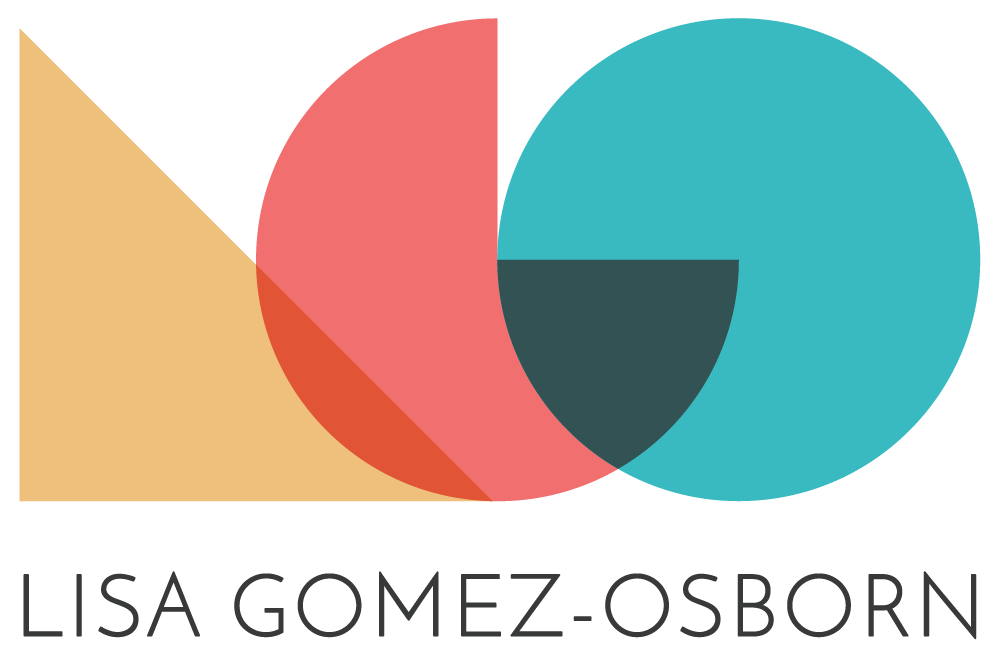Confronting Poor Leadership
She wanted to make Jim understand how he made others feel. She told me her plan to confront Jim later that day. She told me about how Jim’s direct reports felt that he talked down to them, was condescending and passive aggressive in his leadership style.
Describing a recent encounter with Jim where she was on the receiving end of his relationship style gave her the opportunity to confront him. During our coaching session she shared her plan: I’m going to tell him exactly how his words/actions made me feel so he can understand how he makes others feel. Then he will get it.
Right?
Wrong.
Who hasn’t tried to explain to a direct report, or anyone else for that matter, why their communication skills and/or behaviors are, at best, dysfunctional and at worst harmful, only to get feigned acquiescence, smoldering silence or outright defensiveness and blame shifting?
Based on my client’s description of Jim’s temperament and personality style I was fairly confident her Logical Approach would most likely flop, and create greater resistance from Jim, moving the opposite direction of her desired outcome. She wanted to make Jim have greater insight and self awareness, but how?
It seems so clear to us. Just explain the behavior and the resulting consequences from it and we can all get on the same page. Unfortunately, many times when we see opportunities to help our leaders grow or change, simply telling them just won’t cut it. The difficult reality to grasp is many times the Logical Approach won’t work. We can’t make others grow their self-awareness.
So what can we do?
There are many different strategies and solutions when confronting problematic behaviors/styles with our people. In this case we decided on what I call a Reflective Growth Approach. Our goal was to create an opportunity for Jim to get there on his own. So how does one do that?
Coaches do it all the time. We ask questions. We’ve learned how to ask the right questions which will invite our clients to open a new self-awareness door. As a leader, learning good coaching questions is key to helping your people develop greater emotional intelligence and leadership skills. And if we want change we must have growth in both of these places. My client needed Jim to develop the E.Q. skills of:
Emotional Self-Awareness: recognizing and understanding one’s emotions
Interpersonal Relationships: the skill of developing relationships based on trust and compassion.
Empathy: the skill of recognizing, understanding and appreciating how others feel and the ability to accurately communicate our understanding of this.
In this case we first invited Jim to share his perspective on the exchange between himself and my client. What did he notice about my client’s response to him? We’re inviting him to dig into his memory (reflection) to come up with any insights he may have had that he simply ignored or has more likely conditioned himself to ignore. Now that I think about it you did seem quiet.... Jim just entered into a growth moment. He became curious about why my client had gotten quiet and she was then able to lead him through questions to the original place she had wanted him to get to. Bam!
It may seem small, but it was powerful. It was powerful because it was his growth insight, not my client’s opinion. The difference is significant. If my client had told Jim how he made her feel, his defense mechanisms would have, most likely, kicked in and her opportunity to coach his growth would have been lost. But because she invited him into reflection, with warmth and no judgement, he was not in a defensive posture and in turn could enter into growth space.
There will be more conversations with Jim for sure. However, the direction they are headed is toward trust, self-awareness and ultimately a better leader if Jim continues to be open and she continues to seize opportunities to coach him.
It was a growth moment for both of them. She learned a new skill and he took a step toward greater self-awareness.
If you find yourself in a similar situation where you want to make the other person “get it” here are a few things to consider:
Do you believe this person will be open to receiving difficult feedback? If yes, why? Have you had experience with this person that would lead you to believe this is true? If yes, then great, move forward. If no, then consider the next question.
Have you built trust with this person? Do they know/believe that you’re ‘for them’? In other words, do they have experience with you where they’ve seen you model transparency and ownership in your relationship with them? If yes, then great, move forward with questions that will help create curiosity and openness without judgment. If no, then first you must work on building connection and trust with this person before you’re able to confront with difficult feedback.
Finally, if you want to build trust in a relationship consider people that you trust. What makes them trustworthy? Why did you give them your trust? Then work on building these qualities within your own style of leadership.
If you are feeling fed up with a professional relationship, I can help! Contact me for a complimentary consultation where we create steps for a better path forward.
Lisa Gomez-Osborn
Lisa@LisaGomezOsborn.com

